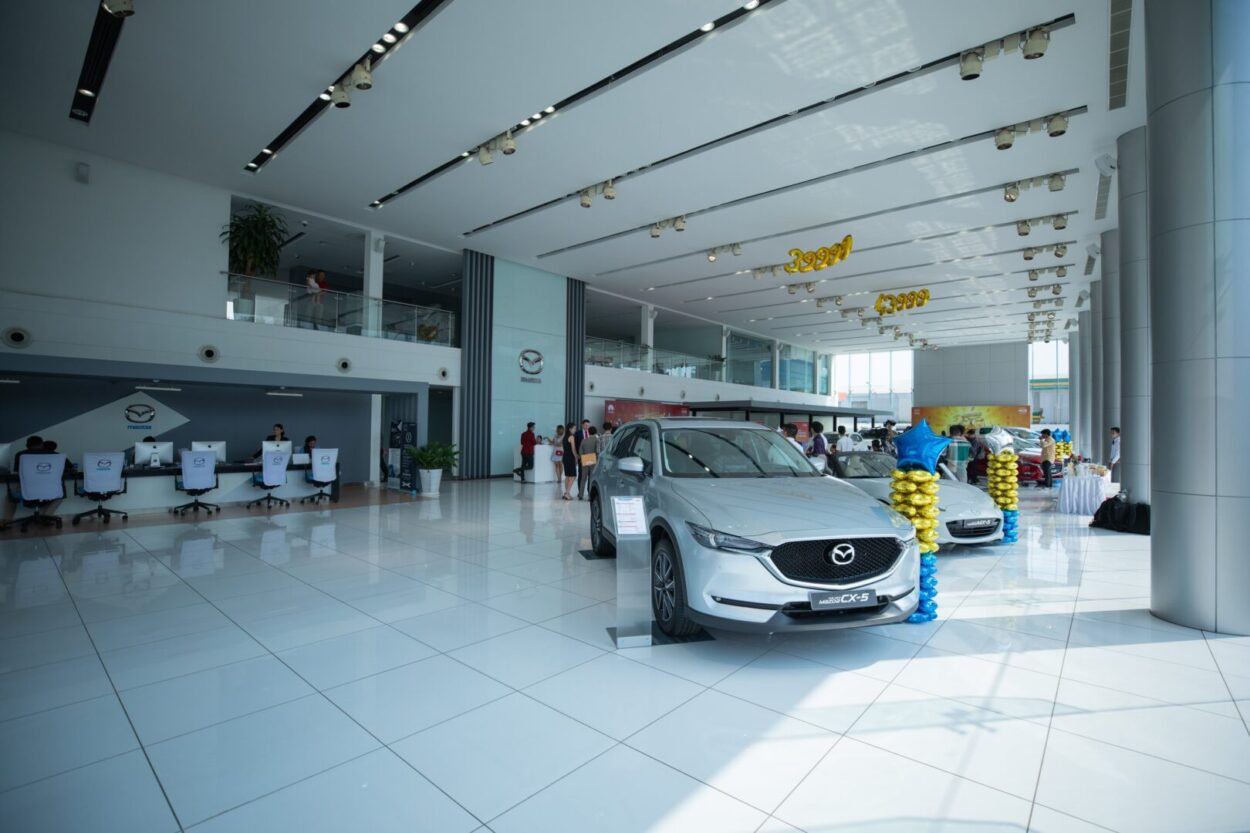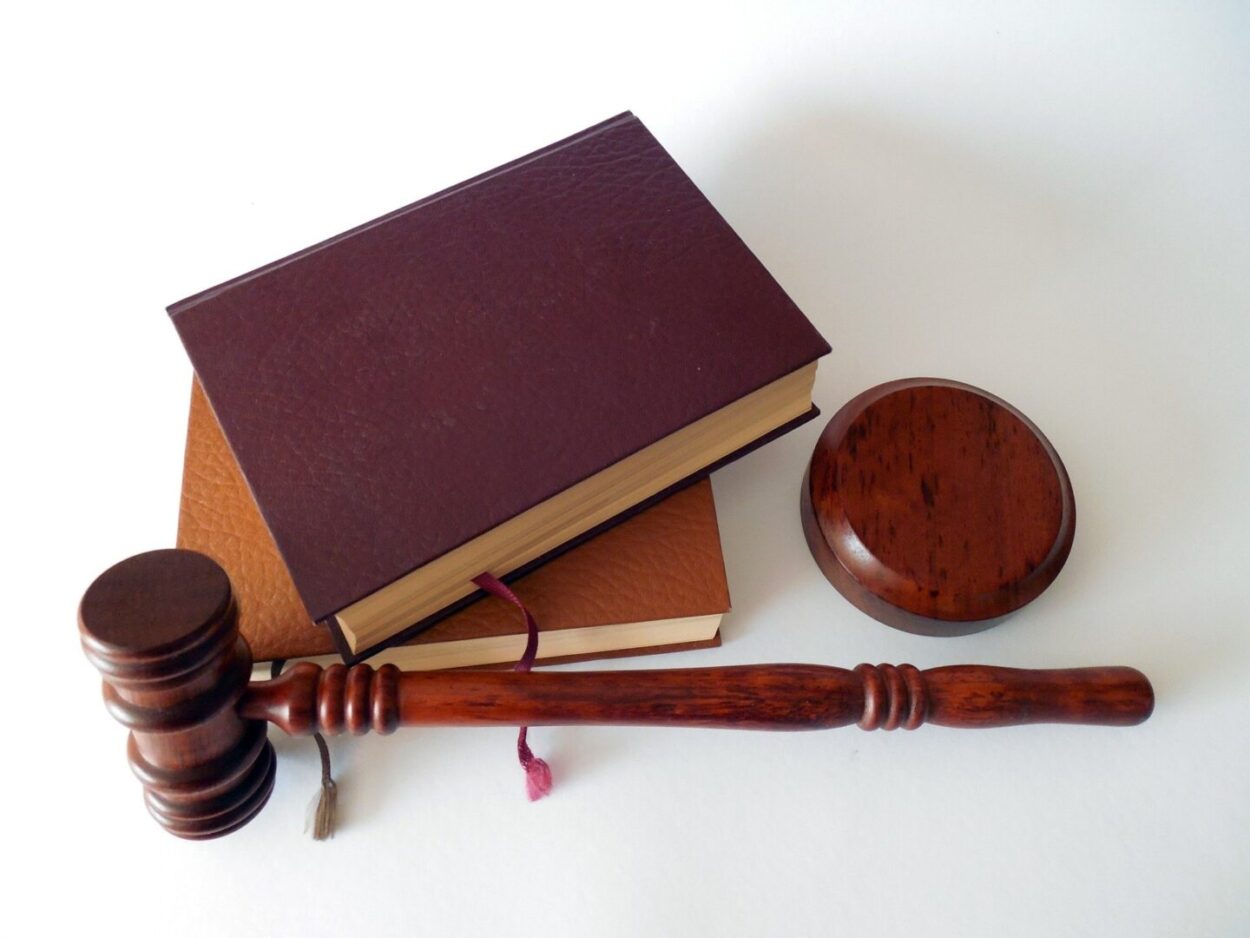Jasmine Birtles
Your money-making expert. Financial journalist, TV and radio personality.

You have been asking us how to buy a used car and get the best price so here is our answer!
If you buy a car new, you lose up to 20% of its value as soon as you drive away from the dealership.
Basically, this means that if you are looking for a good deal on a car, a new vehicle is often not the answer. (Although check out our article here on how new cars can be better value than old!).
There are tons of other ways to buy a decent car that is in good working condition. Here’s our guide to getting a great deal on a car.

Research is the key to getting the best price on a car. Don’t just wander into a dealership and ask what you can get for your money – go prepared. You need to answer these questions:
Knowledge is power. If you know the approximate value type of car you’re looking for, you won’t end up getting ripped off. Autotrader is a very useful site for judging the market, so make sure you scour it before going to a dealership.
Get clued up about which car makes are better than others. Everyone knows that Volkswagens are really sturdy and safe cars, but you pay the price for knowing you’re secure. Skodas may be sniffed at, but they are made from similar parts and components as VWs and they have the exact same chassis. The difference is, they have a much smaller price tag. If you need to save money on your car, don’t buy the brand. Do your research to get the best car you can get for your budget.
If you intend to keep the car for a good few years then go for quality and durability. Also you should take into account how much repairs might cost you in the future. For instance, French may be great value for money, but the spares are notoriously expensive. On the other hand, a Ford will probably cost you a bit more, but parts in the future are cheaper.
You need to be up to speed on basic mechanics to check you’re not buying a pile of junk. Even cars that look great can be on the verge of mechanical collapse. If you don’t have a clue, take someone with you who does.
When putting your budget together, take into account insurance and road tax. Don’t blow your budget on the car and then not have enough money to insure it or pay for the road tax. Be realistic about what you want the car for. If you’re going to be doing a lot of motorway driving then you will need a car with more power that will consume less fuel. However, if you just want a small car for running around town, there’s no point in looking at super cars – no matter how pretty they are.

A good first point of call is your local second-hand dealership. Find your nearest one by looking on CarSite, which has a list of all second-hand car vendors in the UK. Prices at local businesses here tend to be slightly cheaper than car supermarkets as they have fewer overheads. Also, a smaller business means you’ll receive a more personal service. Fewer hard-hitting salesmen means more opportunity to haggle.
Car supermarkets – or car hypermarkets – have recently become popular, even though they’ve been around for the last 30 years. They deal with new, nearly new and used cars. The stock normally consists of ex-rental, ex-demonstrator, ex-company and ex-fleet cars. This can mean the car is fairly new but has lots of mileage as the previous owner has used it driving around for work (the upside of this is that company cars are usually serviced regularly). However, it can mean that the car has just sat in the showroom until it’s ready to be sold on.
The main difference between car supermarkets and smaller dealers include:
If you’re part-exchanging your own car, get an independent valuation before you go. This will give you an accurate idea of how much your car is worth. Then if their valuation is way below this, you can choose to sell your car yourself to get its full value.
Be certain the organisation is registered with the Retail Motor Industry Federation (RMIF) or the Scottish Motor Trade Association. These organisations represent motor industry operators in the UK.
Try these car supermarkets:

Car auctions can be a great way to get a bargain. You have to be on your game as you will be up against lots of dealers who know their stuff. Always go with someone who knows their mechanics to check the car is in good working condition. You’ll not be able to test drive the car, which means you should test drive the same model elsewhere to check you like it. Do this before you go to auction.
You can take part in live auctions online if you can’t get to the sale. However, if you are an auction amateur this isn’t the best idea. Unless you know your cars, we strongly recommend you go there in person. For online sales, cars are given a grade to rate their condition. You can also view the car on the webcam to have a look at it. Auction houses should be up front about the condition of the car and demonstrate clearly if the car is damaged and, if so, to what extent.
There are lots of auction houses across the country. Look on Google for your local ones. Here’s just a few popular ones:
For more information read our top ten tips for buying a car at auction.
You can get some great bargains online, as long as you can trust the vendor. The Government and the police auction lots of vehicles online, which are often unclaimed stolen property and can be in quite bad condition. However, some are absolute steals.
Bumblebee Auctions is the UK Police Property Disposal website. The site sells off cars from around the country that have been seized by the police. They are very upfront about the condition of the car. However, because these vehicles have often been stolen and an owner hasn’t been found, you may not get an owner history.
With this site you also need to be able to collect the car, so buying from a police station that isn’t local might not be cost effective.
There are also several sites around the country selling ex-police vehicles. These are often high-powered vehicles with a complete vehicle history, sold at less than half their value. They will have quite high mileage, but you know that they have always been driven by professionals, serviced regularly and never abused.
Before the vehicles are put up for sale, all the police equipment is removed. The interior is refurbished and the outside is re-sprayed. Be prepared – most of the vehicles are white! They usually come with a 12-month MOT, but if the one you want doesn’t, find a company that does offer it and use their offer to haggle.
Buying privately is often the best way to grab a bargain. However, it is also fairly risky as you are putting your trust in an person who might not be what they seem. You can protect yourself, though, by seeing our tips to avoid being swindled, which are especially important when buying from an individual.
However, as long as you stick to the tips, buying privately is often cheapest because:
There are loads of places to look for private sellers. Try newsagents for magazines such as Autotrader and check local papers, which always feature private car sales. You can also have a look on these sites:

Purchasing a car online is tricky. To buy a second-hand car, you really need to go and have a look at it and check it is in good working condition. It doesn’t matter how it looks on the outside on a photo, it could be a wreck on the inside.
It is for this reason that we at Moneymagpie believe that getting a car online is not the best idea, especially if you are a first-time buyer.
However, online resources are really useful for getting an idea of price for when you do buy your car. So it’s well worth taking a look at sites like eBay Motors – just don’t get carried away and buy something on impulse.
If you want to double check the value of a vehicle, use the tool below!

Haggle Considering current economic conditions, you have the upper hand as fewer people are splashing out on big expenses like cars. The salesmen are as desperate to meet their targets as you are to get a good deal. Use this to your advantage and push them as far as they will go on price.
Car supermarkets keep prices low. This means you probably won’t be able to push down the price – but you should still try.
The key to good haggling is research. Know what deals are available and play sellers off against each other. You need to know your budget and set yourself an upper limit. Then start by offering 20% under the asking price and hopefully you’ll be able to push the price down. Always be nice when haggling and if you can’t get money off, try and get extras added in. If you can get a year’s MOT or road tax, you are already saving a lot.
Don’t get pressured into buying insurance and extras as part of the package. Shopping around for insurance is almost certainly the better option. However, if you do your research before you go you’ll have an idea of the price you should be paying for insurance. Then if the dealer’s price is fair, you can go for it. If it’s not, leave it.
There are several pitfalls you must be aware of when buying a used car. Did you know:
One way to find out if the car you’re interested is safe is to get a HPI check before buying.
For more tips visit the AA website. If you need to find out about checking vehicle information have a look at this page on the GOV.UK website.
Remember – Discovered you bought a stolen car? You have no right to its ownership. Always be sure before you buy.


This article contains amazing write up and a useful content.
I have been looking around for a new car here in Spain but have now come to conclusion that it is not worth it – prices are on average 10-15% more expensive than the UK and I would estimate that if i bought a new car it would lose more than 20% value due mainly to the way people drive here, the lack of parking and narrow roads!! Came across the site as i was looking for advice. nice site.
Really cool I enjoy most of the articles which have been written, and especially the comments posted! I will come back!
I would like to share one more useful website for car sellers. auto2u.co.uk offers to advertise your car online. They come take pictures, make description etc.
Basicly they prepare your ad from a to z and save your time and money.
Also their search engine is easy to use, it allows to be very specific what you looking for.
Thanks Tika although I see from your email that you’re actually from auto2u.co.uk. You should be upfront about your affiliation.